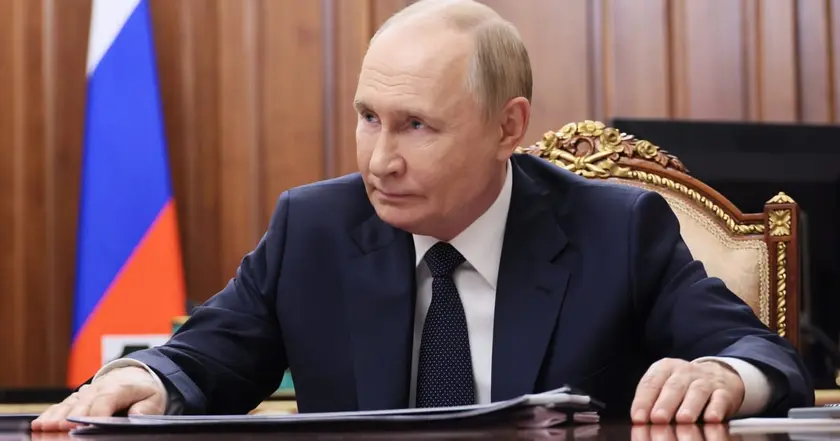T4K3.news
Ceasefire talks advance
Hamas accepts a ceasefire proposal as mediators push for a broader deal in Cairo
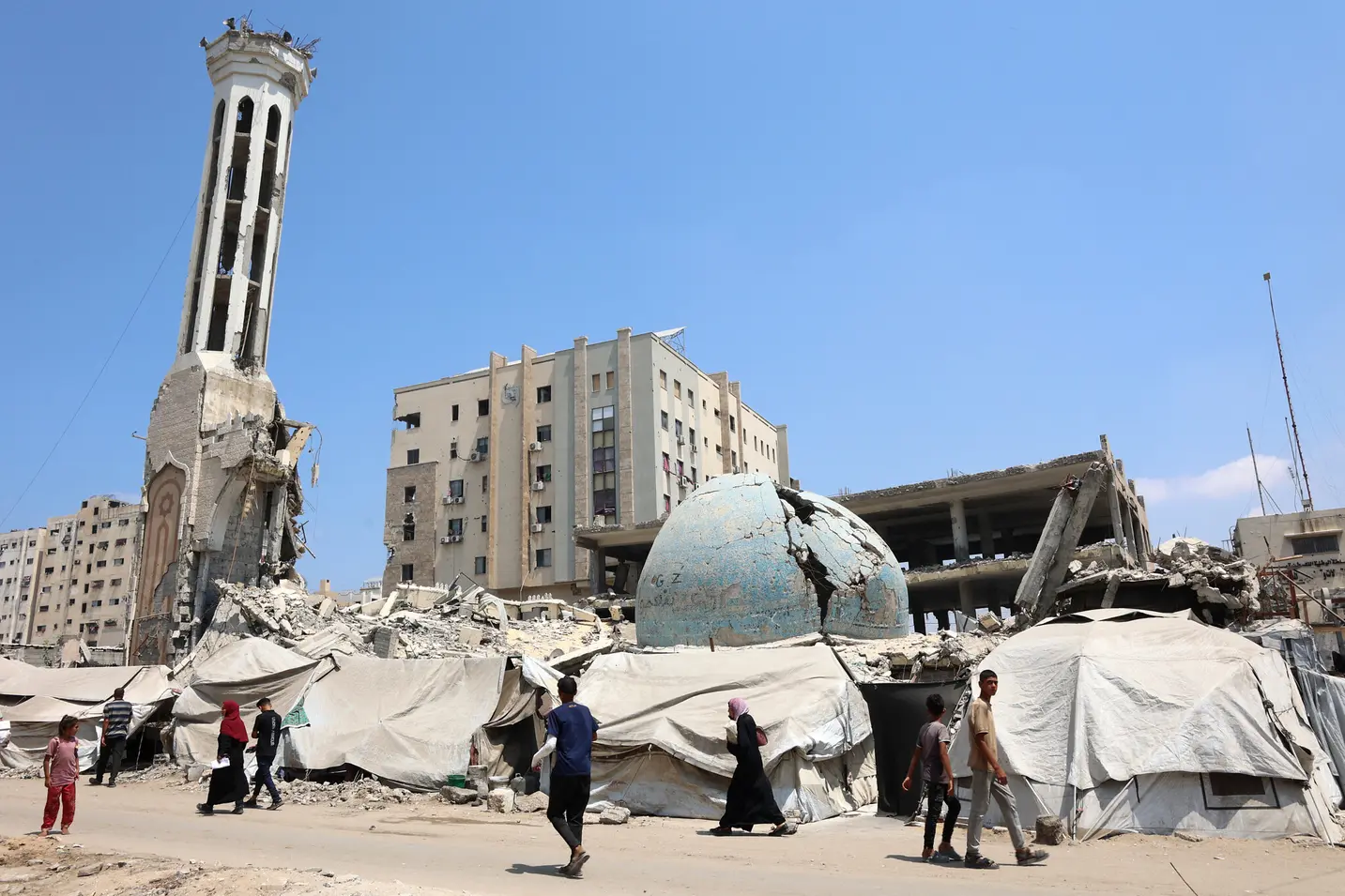
Hamas signals acceptance of a proposed ceasefire and hostage deal as mediators push to turn a partial agreement into a broader settlement.
Hamas Accepts Ceasefire Proposal as Mediators Seek Deal
Hamas told mediators it accepted the ceasefire and hostage release proposal presented yesterday, with sources saying it includes a 60 day pause and the release of 10 living hostages in exchange for 150 Palestinian prisoners and the return of bodies. Talks in Cairo, led by Egyptian and Qatari mediators with U.S. involvement, are framed as a step toward a broader agreement rather than a short halt to fighting. Israel has yet to sign off on any partial deal and has repeatedly demanded a comprehensive end to the war, including full hostage release, demilitarization of Gaza, and Israeli security control over the enclave.
Israel’s leadership has leaned into a tough line, and Prime Minister Benjamin Netanyahu has suggested that Hamas faces pressure as military plans for a possible Gaza City operation move forward. Officials say the plan would be presented to Israel as a pathway to a larger settlement, but Israeli officials remain skeptical of a partial accord and insist on conditions tied to a total end to the hostilities. US and Arab mediators are pressing for a staged approach that could unlock broader negotiations, echoing frameworks proposed earlier this year. The evolving positions underscore the fragility of talks and the risk that a paused war could resume if negotiators misread the battlefield tempo.
Key Takeaways
"Hamas is under immense pressure"
Netanyahu comments on media reports about Hamas pressure
"capturing Gaza City will lead to the defeat of Hamas"
Katz on Gaza City focus and strategic aims
"Only Hamas's fear that we seriously intend to conquer Gaza City makes it willing to discuss"
Katz on why Hamas returned to talks
"We are in the midst of a multi-front, prolonged, and unprecedented campaign"
Zamir describing the war frame
The latest signals show how hostage diplomacy and battlefield strategy are entangled. Hamas appears willing to test a partial agreement, but the demand for a broader deal exposes a fundamental mismatch between what mediation parties want and what Jerusalem is prepared to concede. The muting of expectations from Tel Aviv and the aggressive military rhetoric around Gaza City heighten the risk that a fragile diplomatic opening fractures as soon as a misstep occurs.
Regional mediators face a tightrope: secure enough concessions to sustain talks without triggering a new round of clashes that would erase any gains. The partial deal approach is meant as a doorway to a permanent ceasefire, but it also risks becoming a dead end if key conditions cannot be met. In this climate, civilian harm and displacement are the looming cost of any miscalculation, while regional players weigh how much leverage to deploy without widening the conflict.
Highlights
- Hamas is under immense pressure
- capturing Gaza City will lead to the defeat of Hamas
- Only Hamas's fear that we seriously intend to conquer Gaza City makes it willing to discuss
- We are in the midst of a multi-front, prolonged, and unprecedented campaign
Political sensitivity surrounds the Gaza ceasefire talks
The story involves ongoing negotiations, military operations, and high-stakes diplomacy that could provoke political backlash or public reaction in Israel and among Palestinian factions. The situation is fluid, and outcomes are uncertain, which could fuel criticism and protest if talks stall or if a military offensive proceeds.
Diplomacy moves in step with war on the ground, and civilians bear the consequences whichever path holds.
Enjoyed this? Let your friends know!
Related News

Putin signals Donetsk focus in Alaska talks
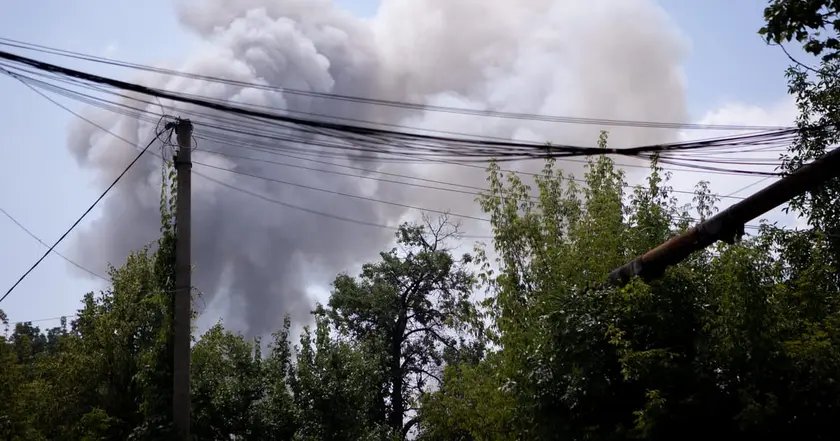
Frontline moves in Donetsk ahead of Putin Trump talks

Trump signals peace talks with Russia ahead of Alaska summit
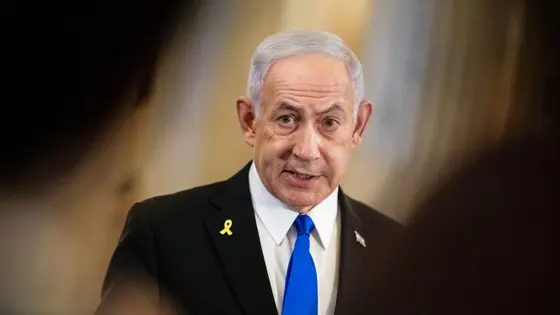
Hostage talks accompany Gaza City operation
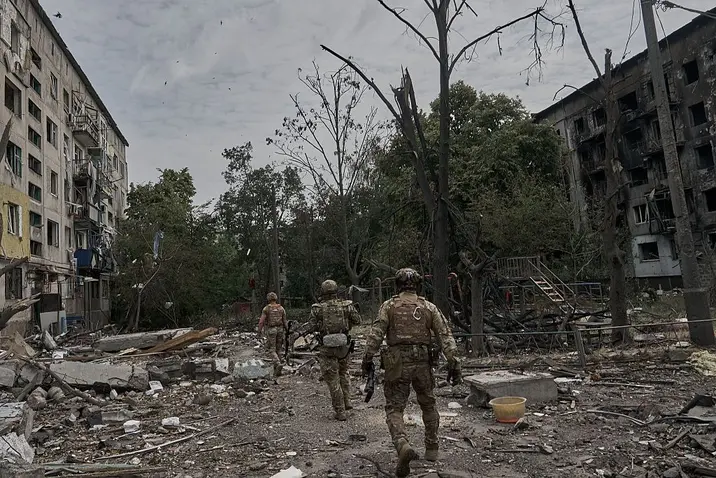
Peace talks advance amid battlefield gains

Putin's ceasefire demands test Western unity
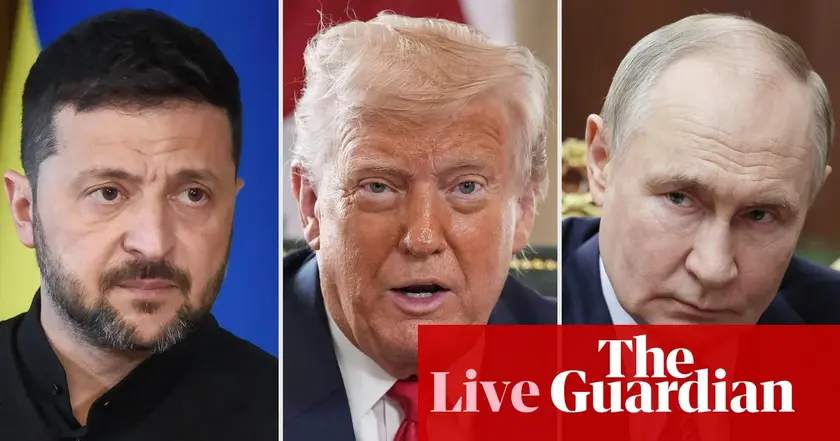
Europe coordinates with Trump ahead of Putin summit

Putin stalls on ceasefire while Trump alters support for Ukraine
